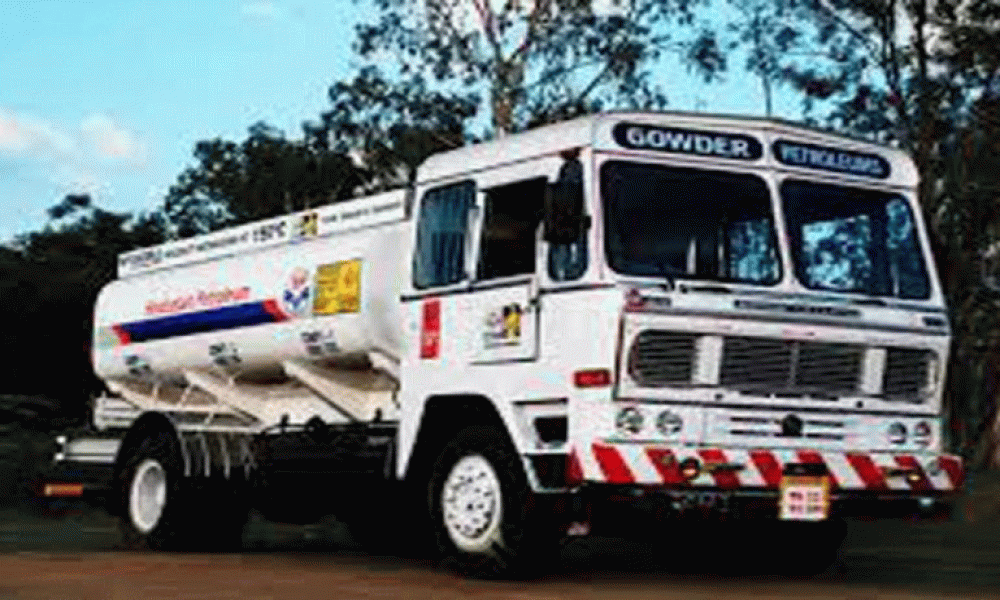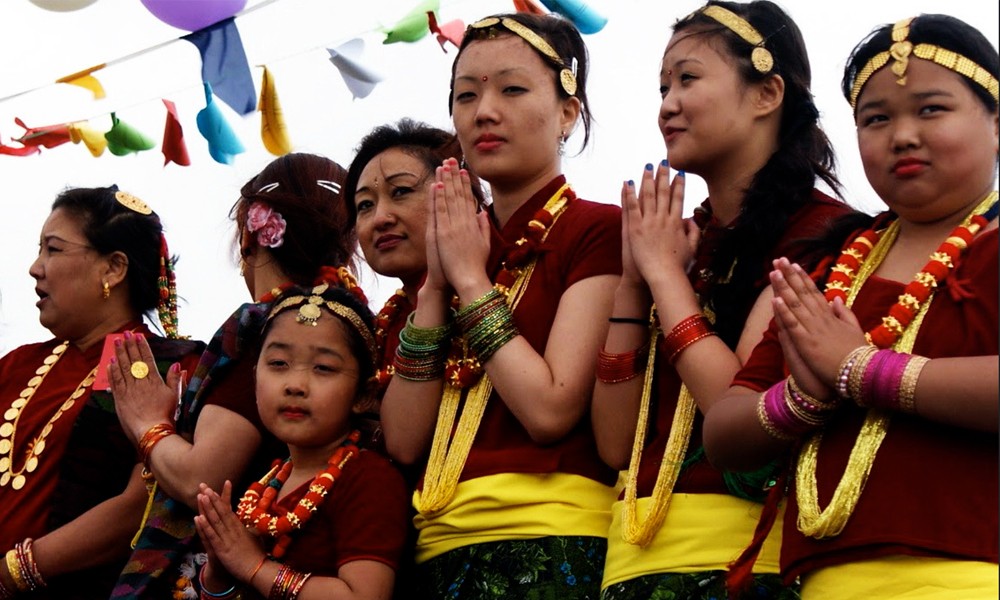Ram Ghising
Nepal, a politically unstable country sandwiched between India and China, has vast natural resources. Nevertheless, it remains underdeveloped even 50 years after its first tryst with democracy. Dominance of status quoist and regressive forces, lack of a clear nationalist foreign policy and indifference to teachings of the Buddha in his own motherland are the underlying causes of Nepal's perpetual penury. And failure to tap immense hydropower potentials and modernize agriculture sector are other reasons.
Nepal's traditional political parties are responsible for the country's downfall. The NC never aspired to make the country prosper. It always held on to power and kept the country poor. The UML is dominated by those who prefer wealth over everything.
The NC and the UML never felt the need to open Nepal's northern border with China. They made the country heavily dependent on India. Ever since the era of Rana Prime Minister Janga Bahadur, Kathmandu is in the shadow of Delhi. Kathmandu has never been independent of Delhi. The word's last great thinker Karl Marx had not dubbed Rana as a loyal dog of Delhi for no reason.
India won its independence from the British in 1950 but Kathmandu remained enslave to Delhi. The post-Rana rulers of Nepal followed Janga Bahadur's path. That is why Nepal has faced three blockades by India in less than 50 years.
India won its independence from the British in 1950 but Kathmandu remained enslave to Delhi. The post-Rana rulers of Nepal followed Janga Bahadur's path. That is why Nepal has faced three blockades by India in less than 50 years. Nepal has always felt the heat whenever India imposed a blockade against it, but has never tried to maintain equal distance with China. This is why it would be more appropriate to call Nepal as an India-locked country rather than a landlocked country.
India has violated several international treaties, conventions, laws and agreements. Here are some international laws which India has violated by imposing a blockade against Nepal.
1) The Vienna Convention
The UN passed the Convention on Transit and Trade of Land-locked States in 1965, allowing land-locked nations like Nepal to import goods from other countries without any hindrance.
2) Law of the Seas
UN Convention on the Law of the Seas 1973, to which both Nepal and India are signatories, allows all land-locked countries unhindered access to the sea.
3) WTO laws
More than 165 countries, including Nepal and India, are members of World Trade Organisation, and they are entitled to the right to trade with each other.
4) Transit Treaty
In 1989, India imposed an official economic blockade against Nepal when a transit treaty between these two countries expired. The treaty was renewed only after restoration of multiparty democracy the following year. The treaty is still in force but India has imposed an undeclared blockade against Nepal.
5) Bilateral Trade Treaty
Nepal has signed a trade treaty with India to access to sea via Indian territory, which has been violated.
The Indian blockade is an opportunity for Nepali political parties and leaders to prove that they are not puppets of New Delhi.
6) Asian Highway Agreement
Asian countries, including Nepal and India, have signed an agreement to connect their highways for regional trade. Nepal’s East-West Highway and Arniko Highway are parts of the Asian highway.
7) SAFTA agreement
South Asian countries have adopted the concept of South Asian Free Trade Area (SAFTA) to promote trade and business with each other. SAFTA law does not allow any country to block other country’s goods.
8) Member countries of Association of Southeast Asian Nations (ASEAN) and South Asia Association for Regional Cooperation (SAARC) have started Bay of Bengal Initiative for Multi-Sectoral Technical and Economic Cooperation (BIMSTEC) which guarantees free trade among its member countries.
The way forward
Nepal is an agrarian country, but it is still not self reliant on agro-products. We rely on India for many agriculture products. If we want to fight the Indian blockade, we must start working right from today to be self-reliant on agriculture. And we should open Chinese border points like Tatopani, Hilsa yari, Nakche, Dho, Larke, Kimathanka and Olangchungola. But we cannot connect Nepal with China and be self reliant on agro products overnight, so diplomatic efforts must be undertaken to get the blockade lifted for the time being. If India does not relent, the issue must be raised at the international forum.
The Indian blockade is an opportunity for Nepali political parties and leaders to prove that they are not puppets of New Delhi.









